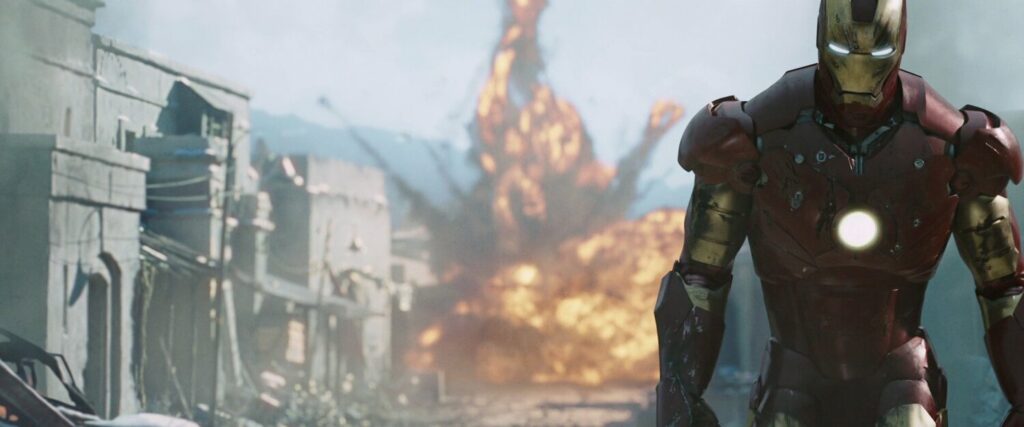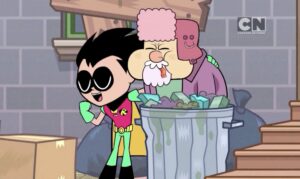
Iron Man flies in to save a village from a violent militia. We wouldn’t expect that he is looking to be paid for his heroics, that isn’t what a hero does, and in this case that’s a good thing. He doesn’t have time to negotiate with the locals for payment. He has to act quickly to save the day. But if Iron Man wanted to collect for his hero work, it would be difficult because of the nature of his business.
Providing a service like saving the lives of villagers is like extreme public safety, and such a service is characterized by two things: non-rivalry in consumption and non-excludability. This means, a hero is often providing a public good. All the villagers benefit from his action equally. The benefit is not diminished if you have a larger village. Additionally, Iron Man won’t restrict his services only to those who pay for them.
After the villagers are safe, Iron Man goes on to destroy the militia’s weapons. If Iron Man asks for payment after the fact, there is no need to pay. The the bad guys are dead, and their weapons are gone. Even if a hero wanted to get paid, it would be really hard to collect without seeming like a goon. Good thing getting paid goes against the hero code.







